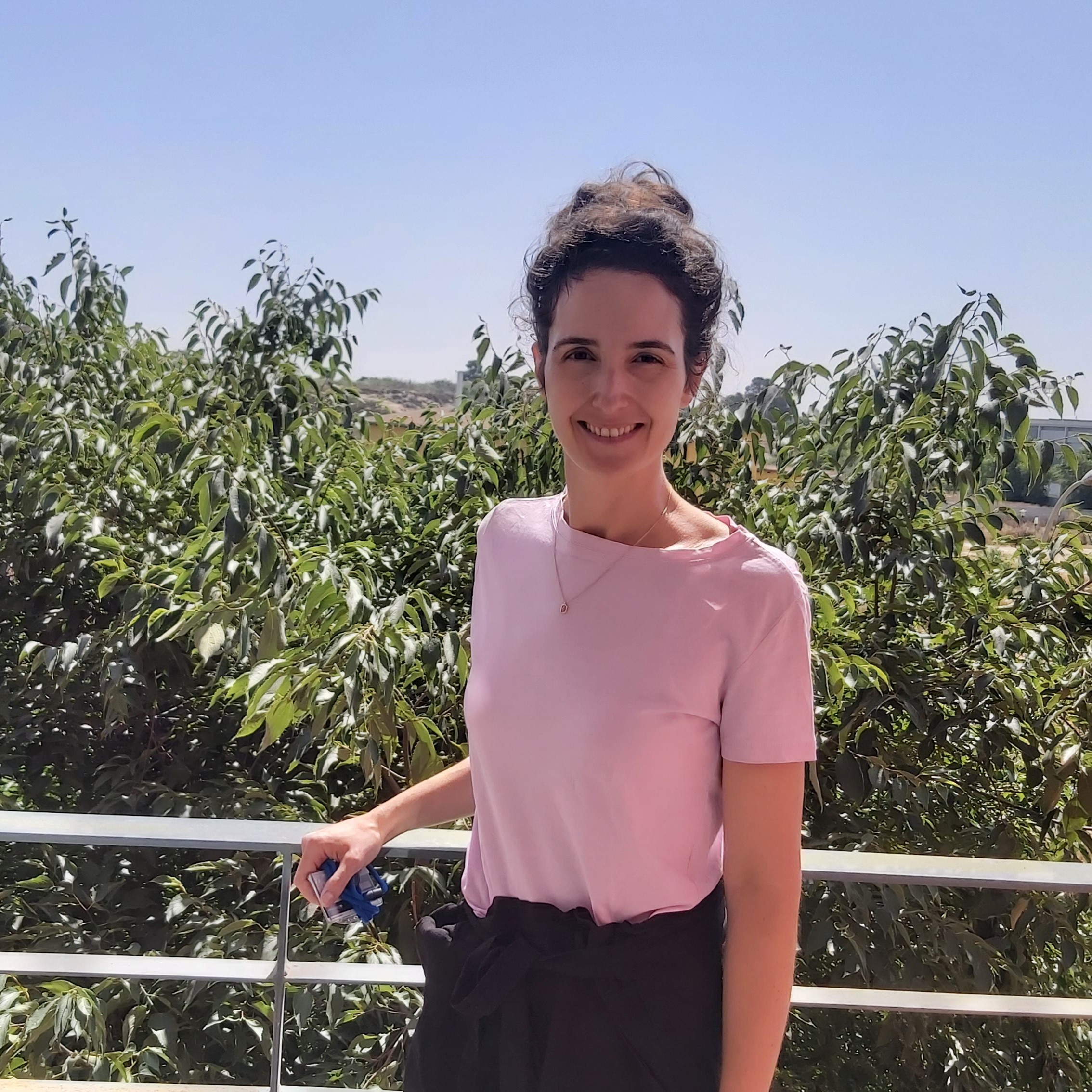What led you to pursue a career in research?
In my first year working at the University of Oriente in Santiago de Cuba, Professor Enrique Marañón Reyes introduced me to the world of biomedical research and digital signal processing. Since then, I was hooked on that type of research, and it is what I have been doing for almost 20 years. Other researchers have also influenced me throughout my development, such as Rute Almeida from the University of Porto, Pablo Laguna from the University of Zaragoza, and Fernando Valdés from the University of Oriente.
What are your main lines or areas of work?
My line of work is the digital processing of biomedical signals, specifically those of cardiac origin such as electrocardiograms and ballistocardiograms, to identify biomarkers that help detect or predict diseases like arrhythmias or sleep apnea.
Is there any project you are particularly proud of because of its impact?
Yes, a project I participated in while I was in Cuba, titled “Health surveillance systems for the elderly”. It was the result of a collaboration with the University of New Ulm in Germany and was funded by the German Federal Ministry of Education and Research. We developed tools to monitor the health of elderly people living in nursing homes in Cuba. It had a significant impact by providing caregivers with resources that improved their work and enhanced the quality of life for the elderly by enabling better health monitoring and attention to their needs.
How do you see the future of your research field? What challenges would you highlight?
The future of biomedical signal processing for improving diagnostics is very promising. The rapid pace of technological development is providing tools that offer valuable information for new clinical applications. Advances in artificial intelligence allow us to create increasingly personalized models based on each patient's specific characteristics. In addition, smaller, more precise portable devices are being developed, which represent a major step toward remote diagnostic support.
Some challenges I would highlight include the high intra- and inter-patient variability, which demands increasingly adaptive models; the need for medical professionals to get involved from the early stages of research and ensuring that the tools developed are clinically interpretable and useful for medical specialists. Many times, highly accurate tools are developed, but they are not understandable to the end user.
What has receiving European support through the Marie Curie program meant to you?
For me, it has been an excellent opportunity to improve my skills as a researcher. It has allowed me to work again with highly respected researchers in my field, such as Pablo Laguna, Juan Pablo Martínez, and Esther Pueyo, who have helped me grow professionally. It also gave me access to resources for my research that would have been impossible to obtain in my home country.
What do you enjoy most about your profession?
What I enjoy most is achieving results that could be relevant in supporting the diagnosis of certain diseases.
What would you say to someone considering a career in research?
I would tell them to pursue it with passion. There will be times when results come, and even if they seem simple, they will feel incredibly rewarding. However, there will also be moments when, without perseverance, progress will stall. Take advantage of every opportunity to grow and expand your knowledge.
Up Close…
What did you study: Telecommunications and Electronics Engineering
A dream to fulfil: Watching an AC Milan match at San Siro
Free time activities: Watching movies or going for walks with my wife
A book: A True Man by Boris Polevoy
A movie or series: The Lord of the Rings
Favourite bands: U2, Metallica
A trip: Milan and Japan
How would you describe yourself: Calm, hardworking, sometimes overly quiet, but above all, very responsible.
